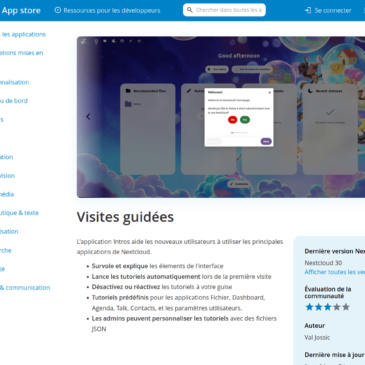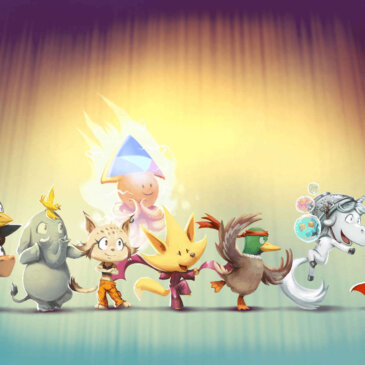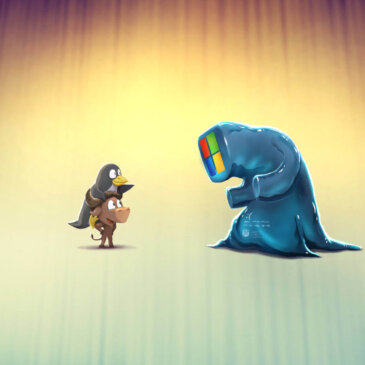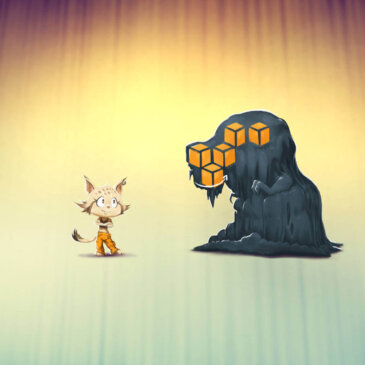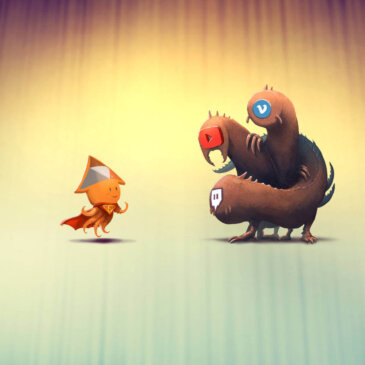Intros, a Nextcloud app to help you get to grips with Framaspace
The Framaspace project currently hosts a cloud environment (files, calendars, contacts, wiki, kanban, etc.) for more than 1,200 associations and groups. That’s as many instances of the Nextcloud free software. Unfortunately, it’s not always easy to get to grips with … Lire la suite

